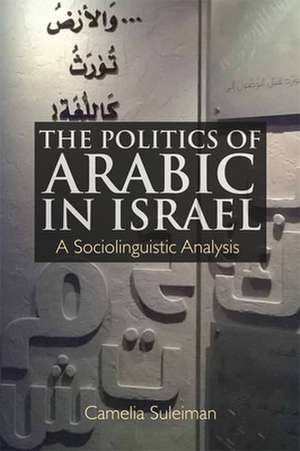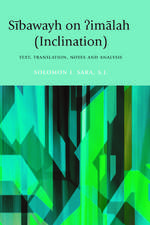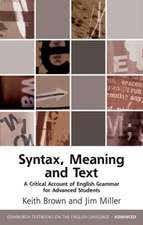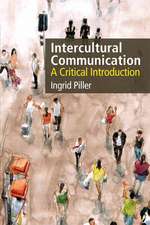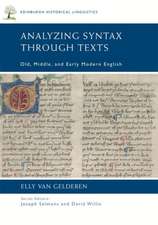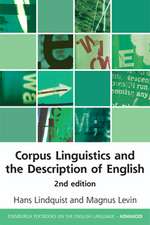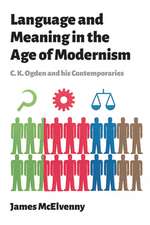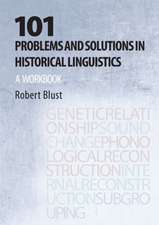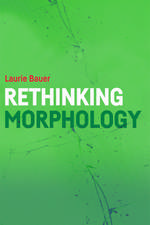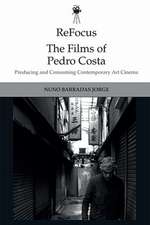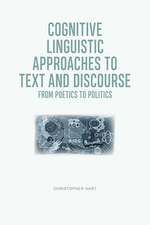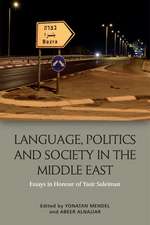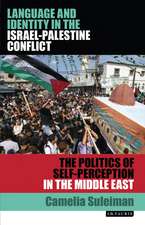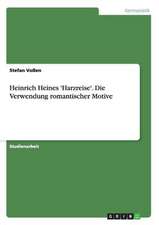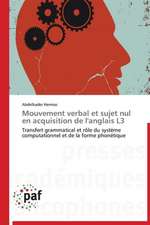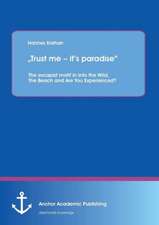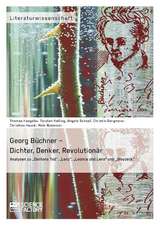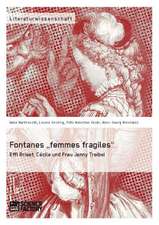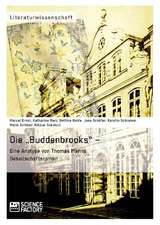The Politics of Arabic in Israel
Autor Camelia Suleimanen Limba Engleză Paperback – 14 noi 2018
| Toate formatele și edițiile | Preț | Express |
|---|---|---|
| Paperback (1) | 157.94 lei 3-5 săpt. | |
| EDINBURGH UNIVERSITY PRESS – 14 noi 2018 | 157.94 lei 3-5 săpt. | |
| Hardback (1) | 557.48 lei 3-5 săpt. | |
| EDINBURGH UNIVERSITY PRESS – 30 oct 2017 | 557.48 lei 3-5 săpt. |
Preț: 157.94 lei
Preț vechi: 178.02 lei
-11% Nou
Puncte Express: 237
Preț estimativ în valută:
30.22€ • 31.64$ • 25.07£
30.22€ • 31.64$ • 25.07£
Carte disponibilă
Livrare economică 19 martie-02 aprilie
Preluare comenzi: 021 569.72.76
Specificații
ISBN-13: 9781474441261
ISBN-10: 1474441262
Pagini: 240
Dimensiuni: 155 x 231 x 13 mm
Greutate: 0.26 kg
Editura: EDINBURGH UNIVERSITY PRESS
ISBN-10: 1474441262
Pagini: 240
Dimensiuni: 155 x 231 x 13 mm
Greutate: 0.26 kg
Editura: EDINBURGH UNIVERSITY PRESS
Descriere
Although it remains an official language, Israel has made continued attempts to marginalize Arabic on the one hand and securitize it on the other. Camelia Suleiman delves into these tensions and contradictions, exploring how language policy and language choice both reflect and challenge political identities of Arabs and Israelis.
